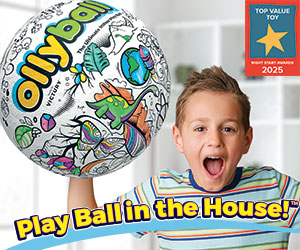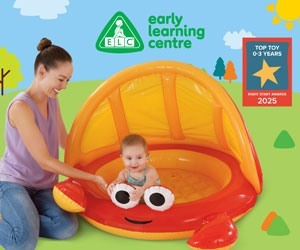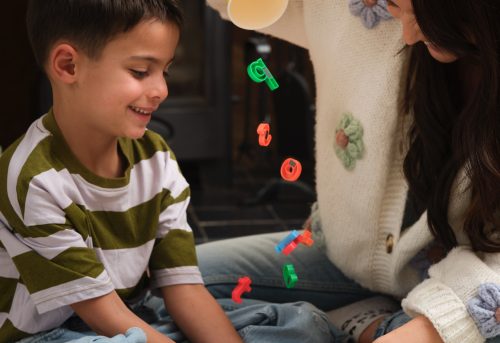Ever looked at old photos of yourself as a child and marvelled at how quaint they look? Things have changed a lot in just a generation. But perhaps one thing has changed more than any other – the way our kids play.
It’s not just a matter of electronic gadgets and screen time. It’s about the freedoms we enjoyed as youngsters, compared with the restrictions our children face. Just a couple of generations ago, parents didn’t feel the need to take on the role of ‘entertainer’. Once clothed and fed, children were expected to leave the house and entertain themselves. Whether to nearby fields, woods and meadows, or suburban parks, or the street outside, children went off and just… played. And it was a vital part of growing up.
Toys were not obligatory. What was required was imagination, a sense of adventure and a certain amount of resilience. This play regime produced some pretty successful adults: it teaches kids how to take risks, solve problems, work with other people, come up with great ideas, deal with failure, success and responsibility. It’s a great preparation for life.
While we would never advocate letting children play out in the street, or roam nearby fields, in today’s society, there are ways that we can give them that heady sense of freedom and independence, while still keeping them as safe as houses. Check out our 10 age-appropriate ideas:
1 Find a friendly local shop – perhaps have a word with the counter
assistant beforehand – and let your child go in alone to spend their
pocket money while you sit outside. (5 years and up).
2 Pitch a tent in your back garden in the summer, equip them with
companions, torches, sleeping bags and teddies, and let them get on with
it. Smaller ones may only spend an hour out there before coming in for
bed, but being able to see the stars, hear the birdsong and feel the
night air will be a huge adventure. (4 years and up).
3 Take them somewhere where it is ok – even expected – that they will
get dirty. Put them in old clothes, give them buckets and wellies, and
just let them mess about in the mud. The dirtier the better! (2 years
and up).
4 Take them to the cinema with a couple of friends and let them sit
on the row in front of you, so you can keep a careful eye on them! (6
years and up).
5 Set up some neighbourhood street play. Some streets agree a date
when the street will be used for old-fashioned play, sometimes closing
it off to traffic, and letting the children kick balls around, skip,
play hopscotch etc. Or gang together and take several families to a
local field or park. The idea is to give children space and permission
to play – no set activities are needed, let them be resourceful. (4
years and up).
6 Go on a night hike. For under fives, this could be early evening.
Look at the stars, explore the local landscape, ask them to tell you
what looks, sounds and feels different at night time. (4 years and up).
7 Take them fruit picking – wild, or at farm shops and centres. Let
them taste the fruit, get messy, and drip juice down their chin! (Any
age!).
8 Go fishing and teach them how to put bait on the hook and deal with
whatever they catch. Don’t be squeamish, teach them to be capable and
patient. For younger ones, go pond dipping with a net and a bucket and
see what creatures you can find. (2 years and up).
9 Build a den - let them create their own space. Once children have
invested in making a den themselves, they are much more likely to spend
hours playing in it than they would a ready-made expensive plastic one.
(3 years and up).
10 Finally, don’t forget the simple pleasure of doing nothing – or at
least, not much. Go cloud watching, puddle jumping, or make snow angels
or daisy chains. Stare at nothing. Staring is good – it creates space
in a child’s head for the magic of imagination. (Newborn to old age!).












